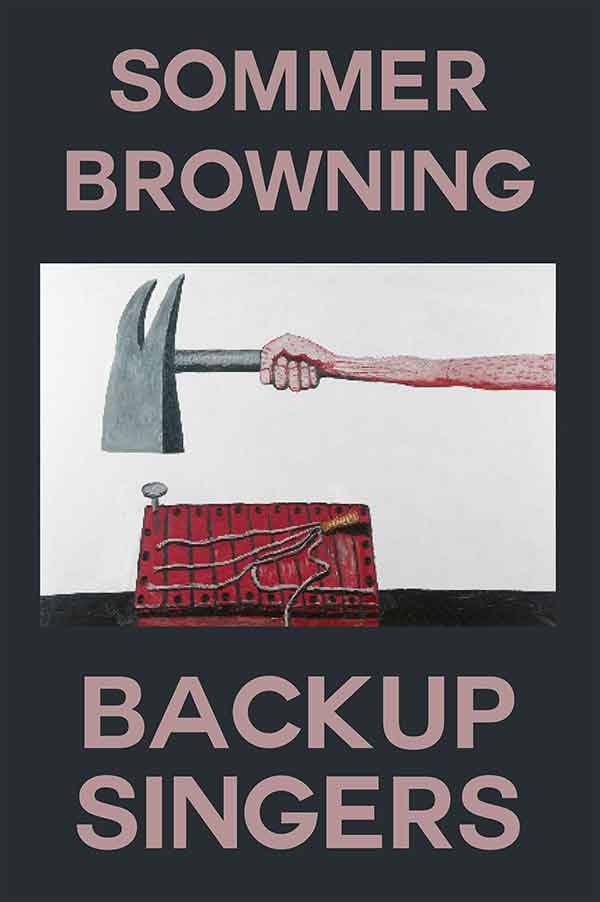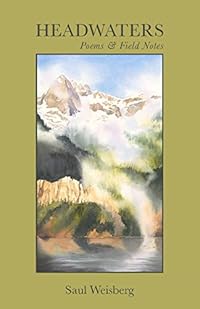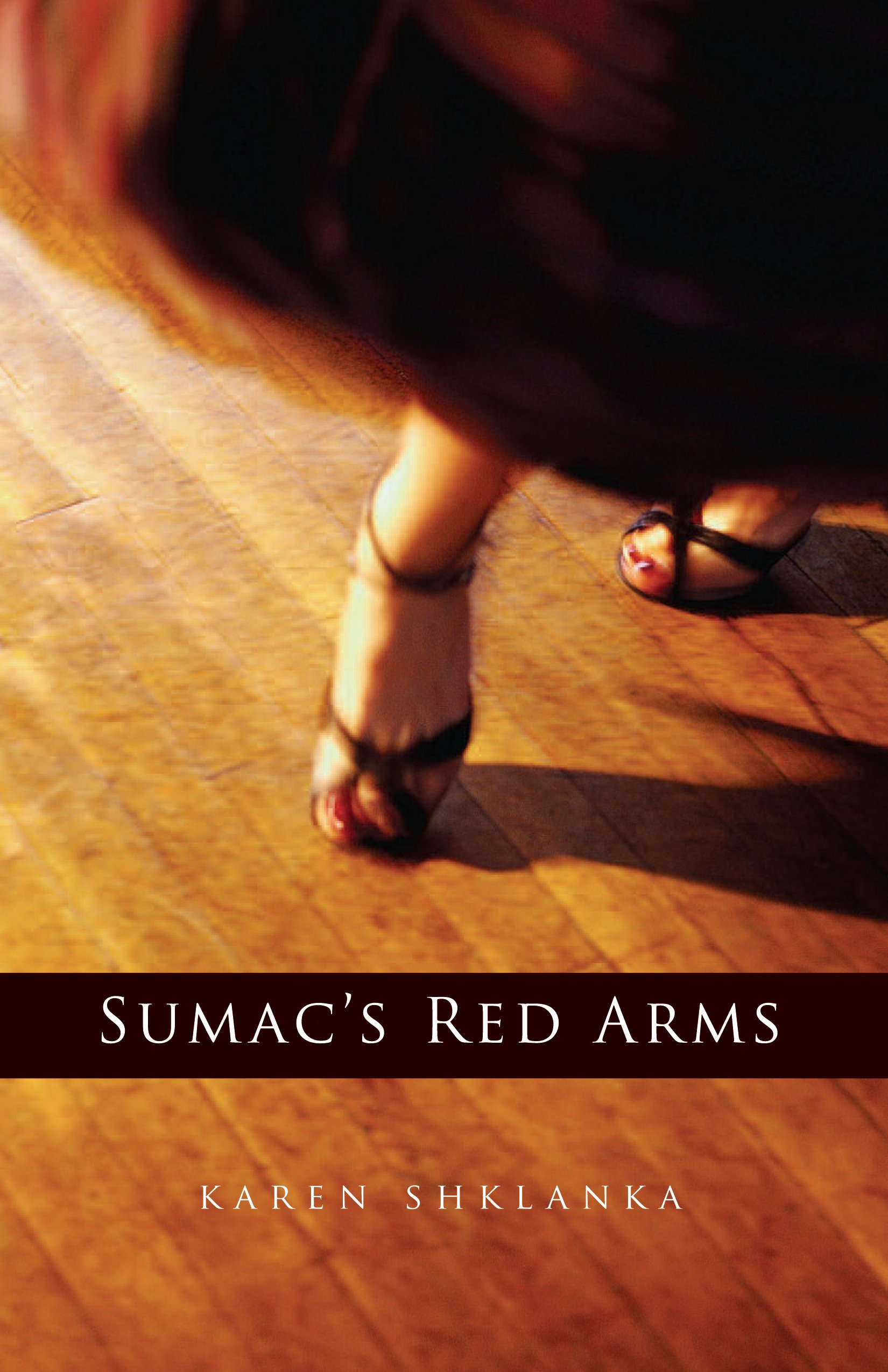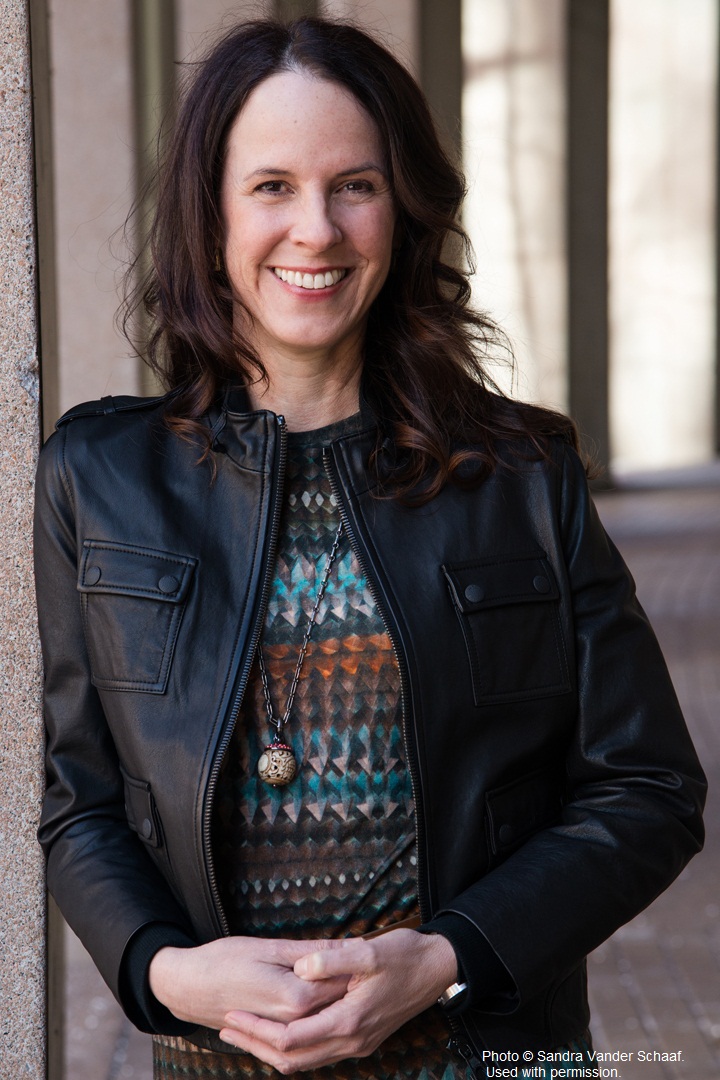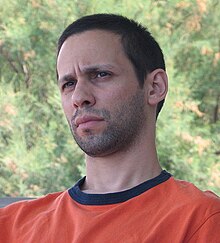Today's book of poetry:
The Significance of Moths. Shirley Camia. Turnstone Press. Winnipeg, Manitoba. 2015.
These are quiet, gentle poems, a book of short precise poems, little truths.
These minimalist missives open up on the story of at least part of the Filipino diaspora to Canada, these are stories that have been mostly unheard.
There is an unseen/unnoticed army of Filipino Canadians/new arrivals, who toil as helpers in private homes, look after our children, work for minimum wage at fast food joints, The Significance of Moths gives voice to their stories, their lives.
Part-time Job
you came home that first day
with your uniform pressed
smiling
at the possibilities
it promised
the colour of birch
the scent of lemons
but here now
humbled knowing
cleaning toilets
your road
to distant riches
...
For someone like me, whose white, Anglo-Saxon family probably immigrated on a potato-ship and who grew up within the safety and norms of a dominant culture there really is no way to understand the experience of present day immigrants. The Significance of Moths is a previously unopened door.
Shirley Camia opens up some of those doors of experience. It's never a bad thing to learn more about other people's lives and Camia gives us a good look at a world most of us do not notice.
The Departure
the day was full of years
packed in a broken suitcase
as mama's lip quivered
a violin string
playing a sadness
that rang until hollow
a cry for her old life
and the lives she let go
...
Always powerfully understated and delicately fierce, these poems had Today's book of poetry convinced that they are both a lament and a proud celebration. These poems are front line reports about what people will do for the love of family, for hope.
Most of us have never faced the prospect of waking to the knowledge that we must move to the other side of the world for the good of our family. What would our poems sounds like?
Today's book of poetry is doing Shirley Camia and The Significance of Moths a disservice if we don't talk about the overall feel of this collection. For such short poems, terse but never rude, crisp and fecund, they carry enormous weight. This book weighed a ton.
An Ending
the dance of the moth is over
its antennae drumming with broken fury
until the body gasps
and lies still
silence arrives
to the wings
in unflight
a power
already forgotten
...
Shirley Camia when describing this book said it a tribute to "all those struggling to carve out identities in a new place, but enveloped by the old. Feet on one land, mind on another."
Today's book of poetry asked at the morning read, Milo said that they were "sad little tunes Dude." Our new intern Kathryn is now trying to smile Milo out of it. He takes all of this stuff to heart.
This is brave, bright poetry distilled and pure.
The Significance of Moths. Shirley Camia. Turnstone Press. Winnipeg, Manitoba. 2015.
These are quiet, gentle poems, a book of short precise poems, little truths.
These minimalist missives open up on the story of at least part of the Filipino diaspora to Canada, these are stories that have been mostly unheard.
There is an unseen/unnoticed army of Filipino Canadians/new arrivals, who toil as helpers in private homes, look after our children, work for minimum wage at fast food joints, The Significance of Moths gives voice to their stories, their lives.
Part-time Job
you came home that first day
with your uniform pressed
smiling
at the possibilities
it promised
the colour of birch
the scent of lemons
but here now
humbled knowing
cleaning toilets
your road
to distant riches
...
For someone like me, whose white, Anglo-Saxon family probably immigrated on a potato-ship and who grew up within the safety and norms of a dominant culture there really is no way to understand the experience of present day immigrants. The Significance of Moths is a previously unopened door.
Shirley Camia opens up some of those doors of experience. It's never a bad thing to learn more about other people's lives and Camia gives us a good look at a world most of us do not notice.
The Departure
the day was full of years
packed in a broken suitcase
as mama's lip quivered
a violin string
playing a sadness
that rang until hollow
a cry for her old life
and the lives she let go
...
Always powerfully understated and delicately fierce, these poems had Today's book of poetry convinced that they are both a lament and a proud celebration. These poems are front line reports about what people will do for the love of family, for hope.
Most of us have never faced the prospect of waking to the knowledge that we must move to the other side of the world for the good of our family. What would our poems sounds like?
Today's book of poetry is doing Shirley Camia and The Significance of Moths a disservice if we don't talk about the overall feel of this collection. For such short poems, terse but never rude, crisp and fecund, they carry enormous weight. This book weighed a ton.
An Ending
the dance of the moth is over
its antennae drumming with broken fury
until the body gasps
and lies still
silence arrives
to the wings
in unflight
a power
already forgotten
...
Shirley Camia when describing this book said it a tribute to "all those struggling to carve out identities in a new place, but enveloped by the old. Feet on one land, mind on another."
Today's book of poetry asked at the morning read, Milo said that they were "sad little tunes Dude." Our new intern Kathryn is now trying to smile Milo out of it. He takes all of this stuff to heart.
This is brave, bright poetry distilled and pure.
Shirley Camia
ABOUT THE AUTHOR
Shirley Camia is a broadcaster and journalist, born in Winnipeg to first-generation Filipino immigrants. She has traveled throughout the Americas, Europe and Asia, sleeping alongside the rice fields of rural Japan and falling in love with Canada's far north. She lives and writes in Toronto.
BLURBS
"Her sense of the Filipino-Canadian "home" is as spiritual as it is temporal or geographic. Home is, as the moth reminds us, where our beloved and their spirit endures." --Ang Peryodiko
"The Significance of Moths" is one of those collections of free verse that will linger in the mind and memory long after the slender volume has been finished and set back upon the shelf."
--Midwest Book Review
"The Significance of Moths" is one of those collections of free verse that will linger in the mind and memory long after the slender volume has been finished and set back upon the shelf."
--Midwest Book Review
Shirley Camia
Wake
The Significance of Moths
video: Turnstone Press
403
DISCLAIMERS
Poems cited here are assumed to be under copyright by the poet and/or publisher. They are shown here for publicity and review purposes. For any other kind of re-use of these poems, please contact the listed publishers for permission.
We here at TBOP are technically deficient and rely on our bashful Milo to fix everything. We received notice from Google that we were using "cookies"
and that for our readers in Europe there had to be notification of the use of those "cookies. Please be aware that TBOP may employ the use of some "cookies" (whatever they are) and you should take that into consideration.





